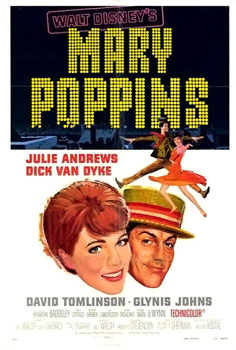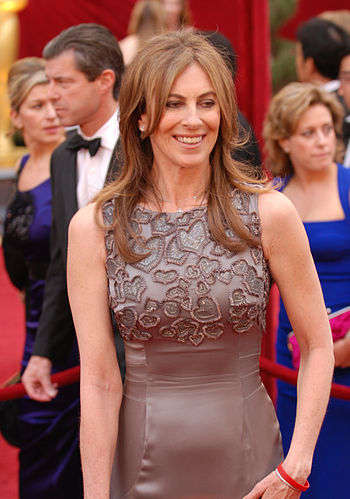For a hundred years, film has largely told the stories of men, and for a hundred years, films have predominantly been made by men. However, the world’s film cameras are starting to focus more on women. The silver screen has predominantly played films about men since the beginning of the 20th century, when Georges Méliès helped created narrative film. The silent era of film was at its height when women were still not even allowed to vote. Nearly all film narratives had a man as the protagonist. Men directed the films, with no exceptions.

I did some research through the movies I’ve seen and estimated how many major films in the 20th century were told from a female point of view and clearly placed the woman’s role above the role of any man. I did not include any slasher/horror films, or romantic movies where the female protagonist was portrayed as being in any way inferior to the male supporting actor. Keep in mind I have not seen every film known to man (or woman), yet. Following these guidelines and going through the first 100 years of film, I found a depressingly small pool of 30 major movies told through the perspective of a strong female character. Seven of them were Disney movies, and twelve of them were centered around a romantic relationship. The most notable of these films, in my opinion, were “The Wizard of Oz,” “Gone with the Wind,” “Breakfast at Tiffany’s,” “The Sound of Music,” “Mary Poppins,” “Rosemary’s Baby,” “Steel Magnolias,” “The Silence of the Lambs,” “Thelma & Louise,” “Sense & Sensibility,” “Kill Bill,” “Jackie Brown” and “The Piano.” A list of films told through the male perspective would include, well, almost every other movie ever made. Excluding “Kill Bill,” every film mentioned above has won or been nominated for an Oscar. “Gone with the Wind”, when adjusted for inflation, is by far the top-grossing film of all time, with “The Sound of Music” and “Mary Poppins” also finding a place in the top 100. I also researched the films with the same qualifications from 2000-2014. I found about 80 films — almost triple the number of such movies made in the past century, and in a tenth of the time. Clearly, there is a new trend in female-driven film. 2014 has been quite the year so far for female leads, with “Lucy,” “Maleficent,” “The Fault in Our Stars” and “Frozen” becoming huge box-office hits already. Additionally, numerous Oscar-contending titles are coming out in the near future. Another important fact about actresses is that they are abnormally outnumbered by actors. There have been more than 900,000 actresses in international film history, while there are a recorded 1.6 million actors.

Women behind the scenes in the film business are even more scarce. More than 300 people have been nominated for the Academy Award for Best Director. How many of them are women? Four. In 2008, at the 80th Academy Awards, Kathryn Bigelow became the only woman in history to win the Oscar for Best Director, for “The Hurt Locker.” “In a Better World,” which was directed by Susanne Bier, won the Oscar for Best Foreign-Film. “The Hurt Locker” was an independent film, as were the films made by the other three women nominated for Best Director (Lina Wertmüller, Jane Campion and Sofia Coppola). This might lead one to think the major six film studios in Hollywood could be to blame for the lack of female directors. However, independent film suffers from gender inequality as well. Emma Watson recently gave a speech at the United Nations to promote gender equality and the program HeForShe. She successfully managed to enlarge the spotlight on the feminist movement in America and the rest of the world. Film is following suit, albeit at a slow, gradual pace, but it requires the ongoing commitment and support from the entire film community, as well as society in general. As Watson quoted in her speech, “All that is needed for the forces of evil to triumph is for enough good men and women to do nothing.” Many of the facts and figures in this article come from the International Movie Database and the Box Office Mojo Database. Collegian A&E Film Beat Writer Morgan Smith can be reached at entertainment@collegian.com or on Twitter @MDSFilms.




